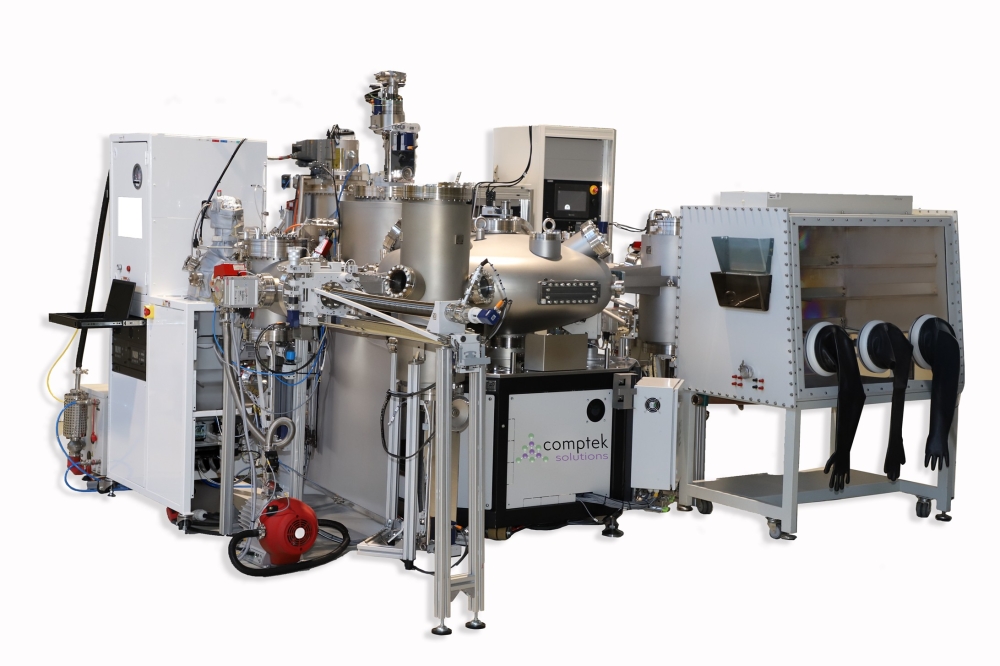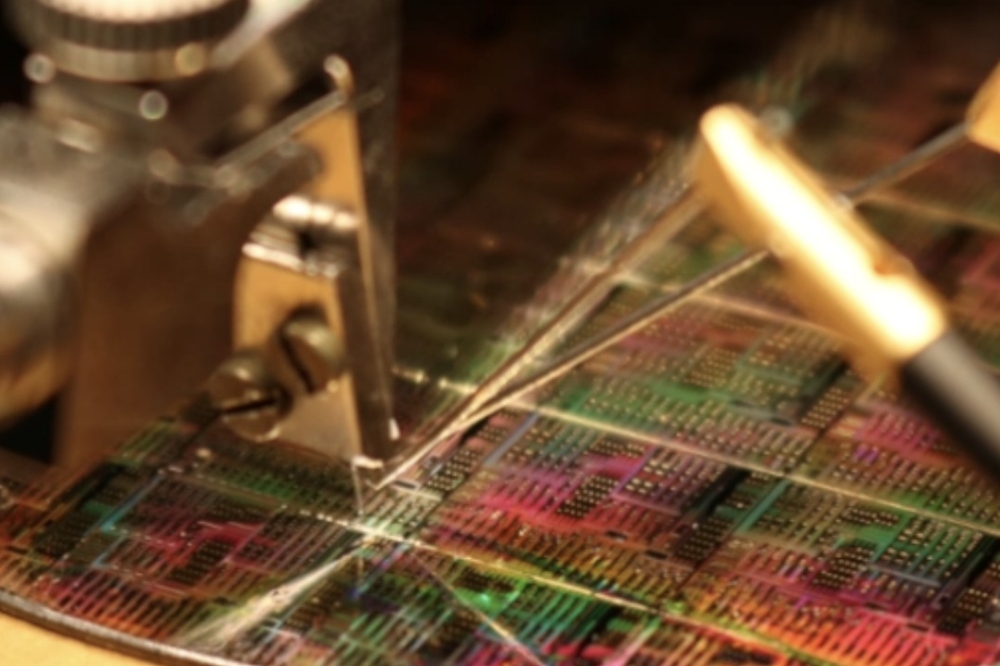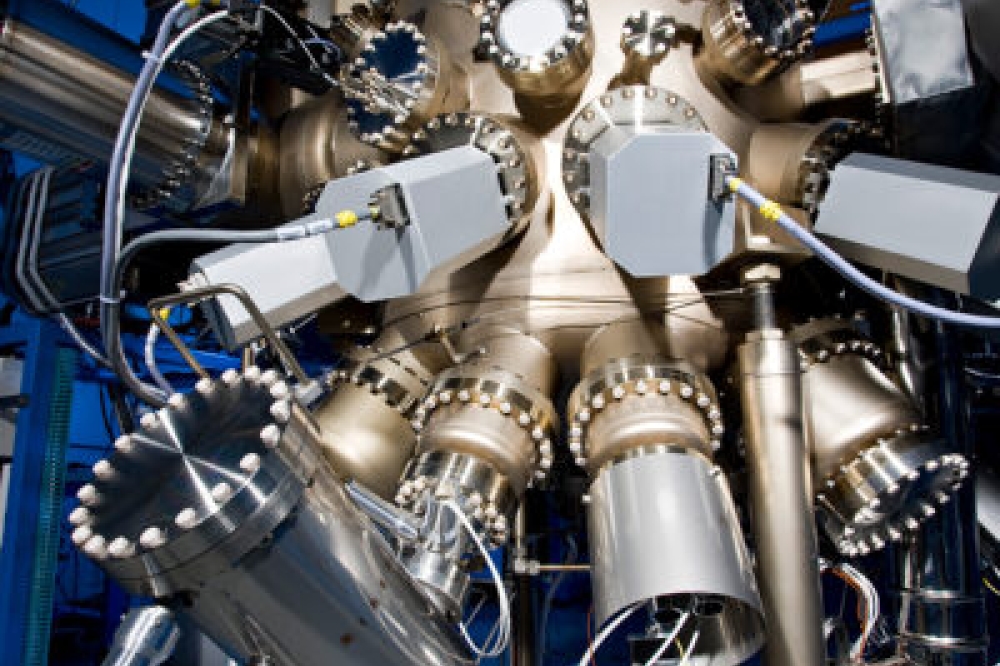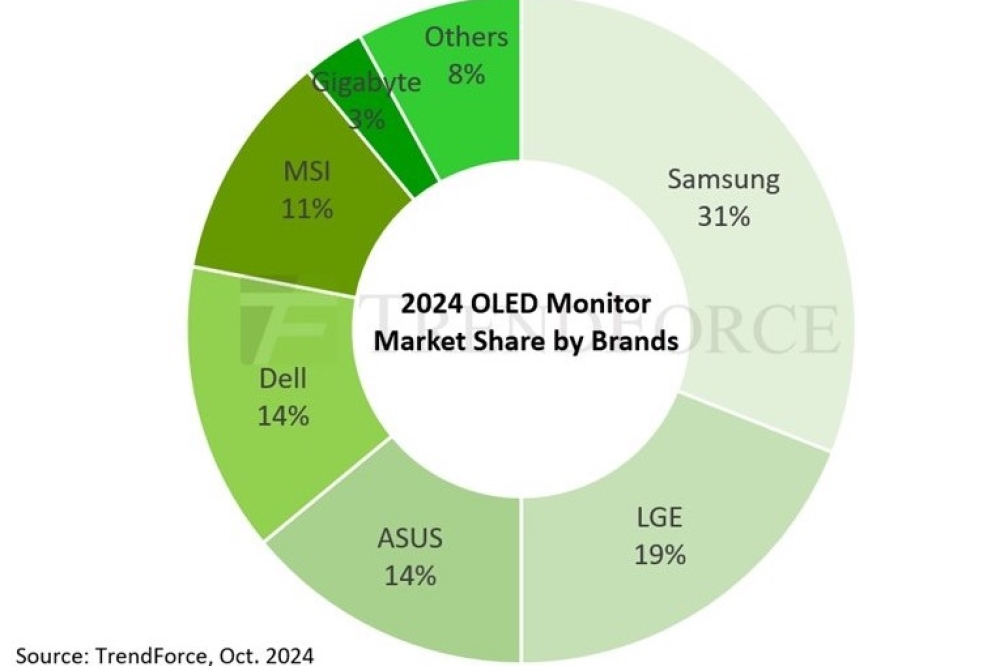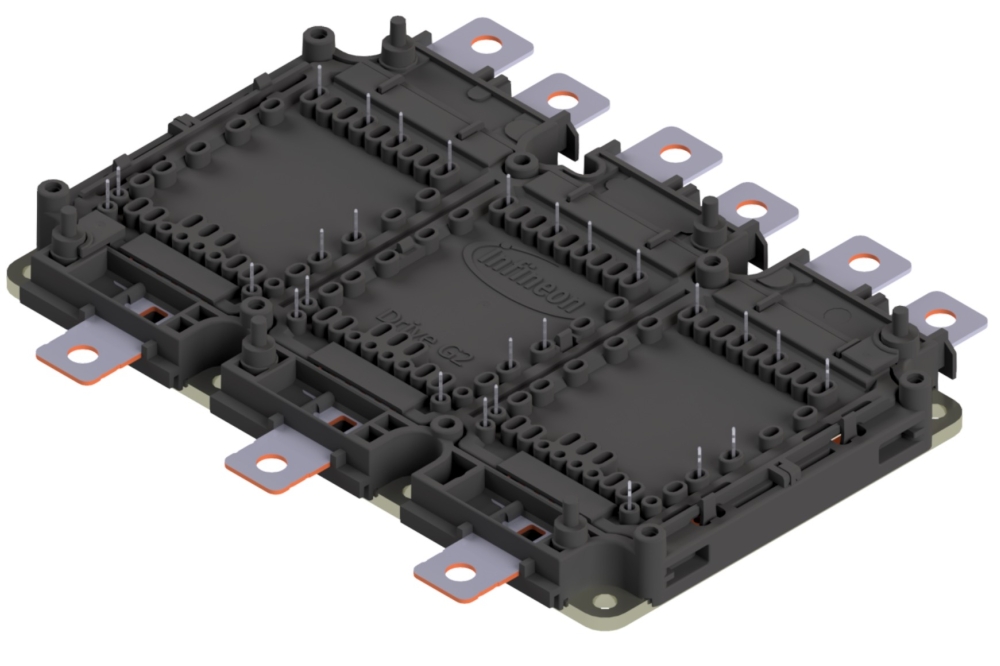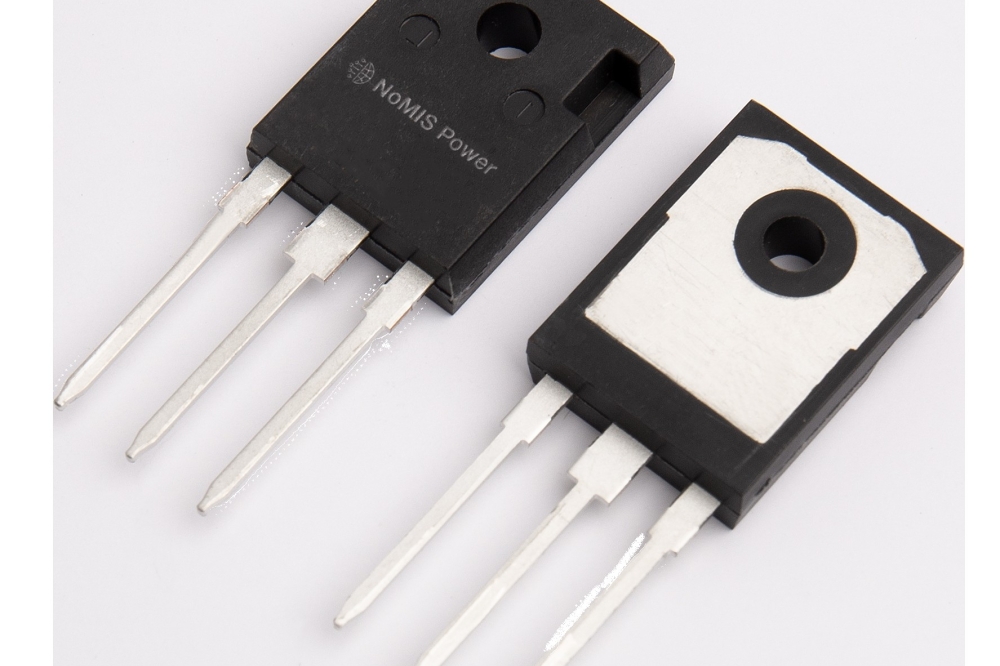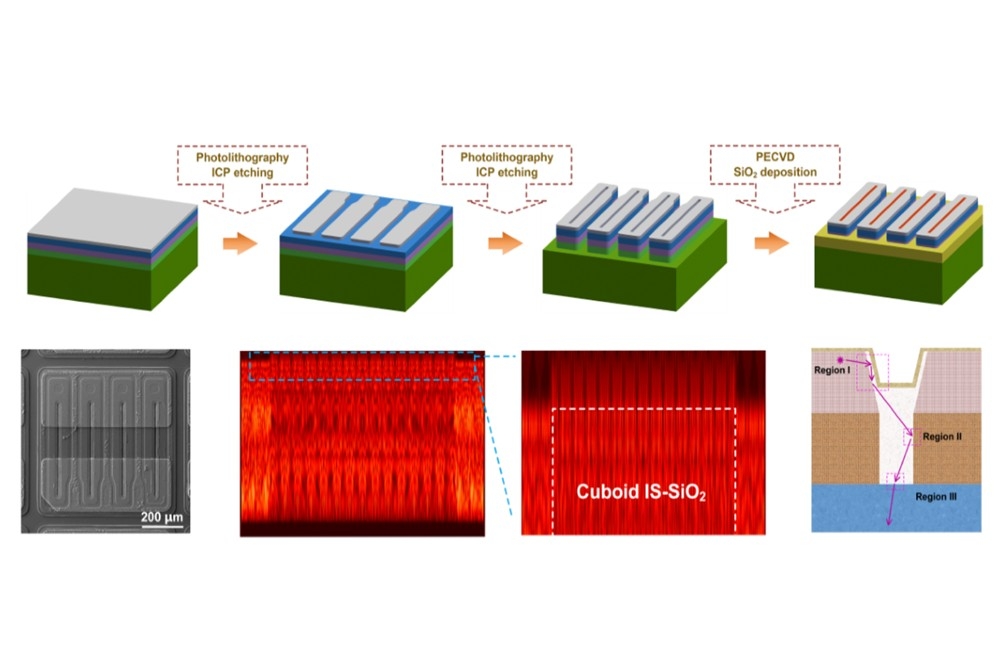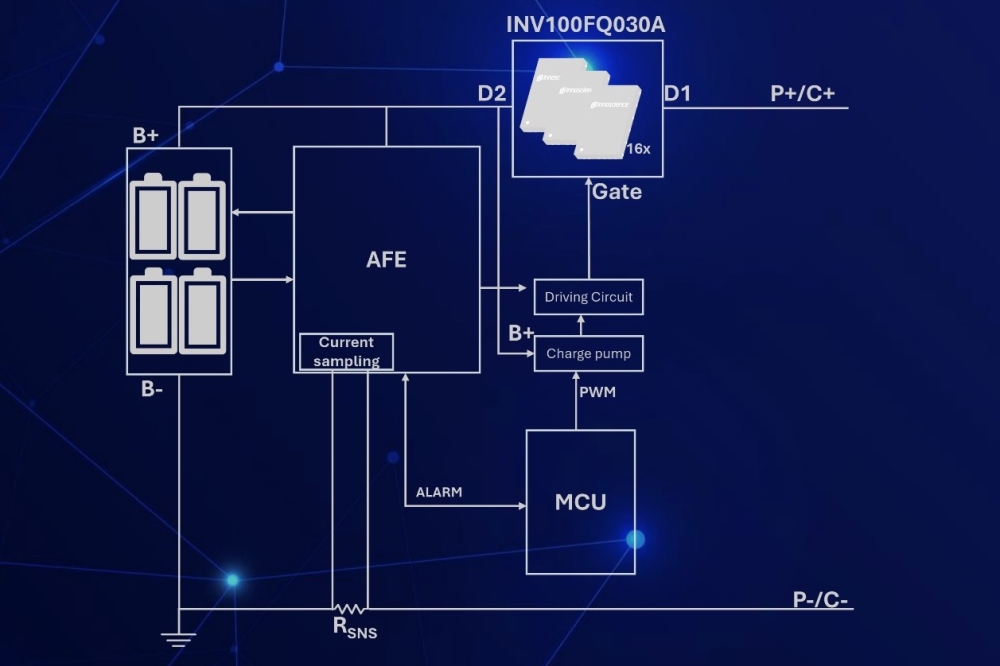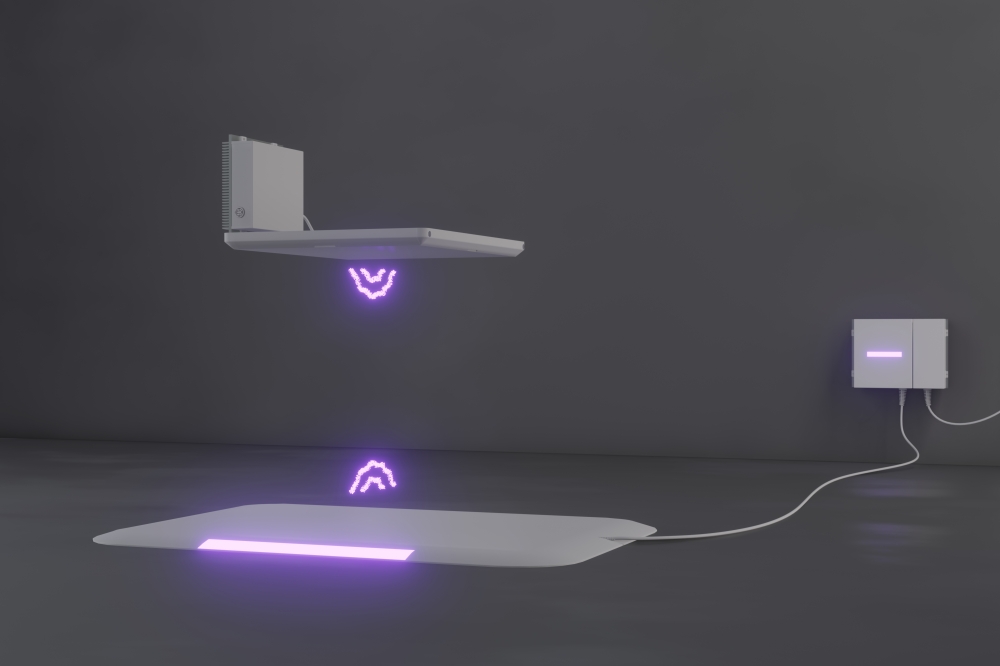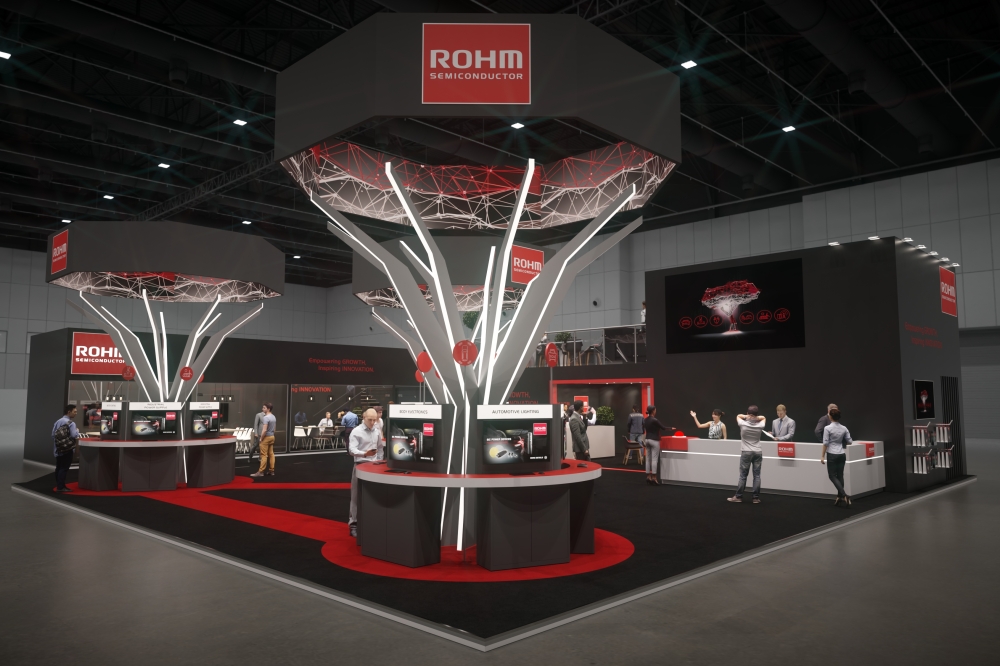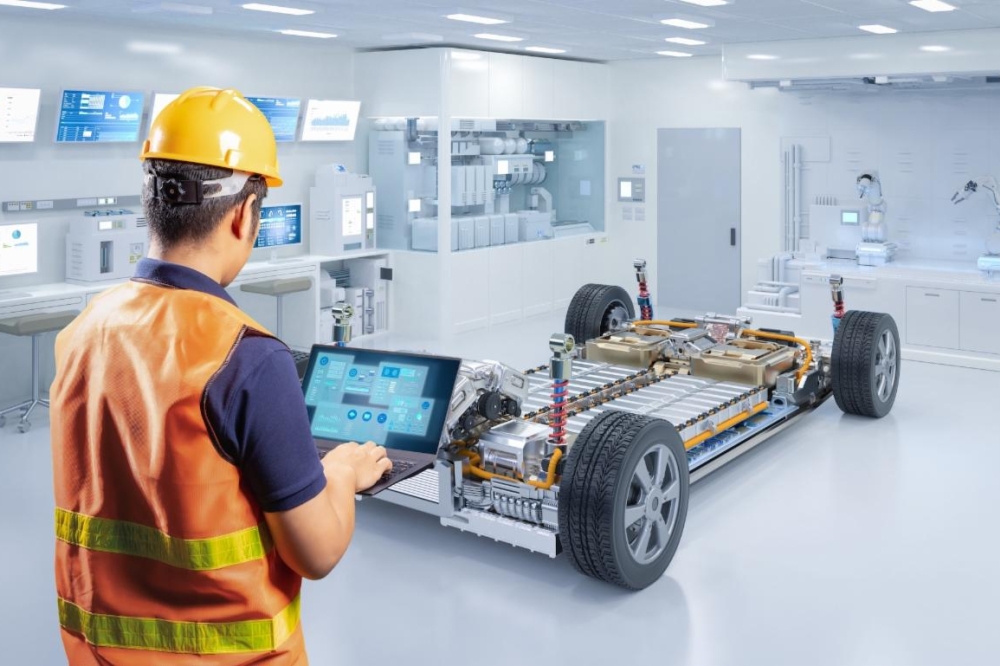News Article
"Smart" semiconductors used to advance medical camera technology
Smart complementary metal oxide semiconductor research has been funded by the Department of Health to overcome data--transfer bottlenecks.
Smart complementary metal oxide semiconductors (CMOS) sensors can help overcome the data-transfer bottleneck which can occur when imaging blood-flow changes, new research has revealed.
Research by Stephen Morgan and Barrie Hayes-Gill, from the faculty of engineering at the University of Nottingham, has discovered improvements in camera technology that can help in applications which require compact design, such as capsule endoscopy, SPIE - an international society advancing light-based research - reports.
Funded by the Department of Health New and Emerging Applications of Technology programme and the Technology Strategy Board, the study aimed to overcome data bottleneck difficulties and remove additional congestion at the processor when large amounts of data are passed from the sensor.
The team designed and demonstrated a range of test sensors scalable to larger arrays which consist of alternating current amplifiers, current-to-voltage converters, digital filters and 16 by 1 photodiode arrays.
"Smart-CMOS sensors overcome the data-transfer bottleneck, thus enabling full-field laser Doppler blood-flow imaging. We next aim to take the 64 by 64-pixel system to the University of Southampton to image blood-flow changes in inflammatory responses," Mr Morgan and Mr Hayes-Gill noted.
SPIE was founded in 1955 and is the international society for photonics and optics.
Research by Stephen Morgan and Barrie Hayes-Gill, from the faculty of engineering at the University of Nottingham, has discovered improvements in camera technology that can help in applications which require compact design, such as capsule endoscopy, SPIE - an international society advancing light-based research - reports.
Funded by the Department of Health New and Emerging Applications of Technology programme and the Technology Strategy Board, the study aimed to overcome data bottleneck difficulties and remove additional congestion at the processor when large amounts of data are passed from the sensor.
The team designed and demonstrated a range of test sensors scalable to larger arrays which consist of alternating current amplifiers, current-to-voltage converters, digital filters and 16 by 1 photodiode arrays.
"Smart-CMOS sensors overcome the data-transfer bottleneck, thus enabling full-field laser Doppler blood-flow imaging. We next aim to take the 64 by 64-pixel system to the University of Southampton to image blood-flow changes in inflammatory responses," Mr Morgan and Mr Hayes-Gill noted.
SPIE was founded in 1955 and is the international society for photonics and optics.




